Arbitrary power is most easily established on the ruins of liberty abused to licentiousness
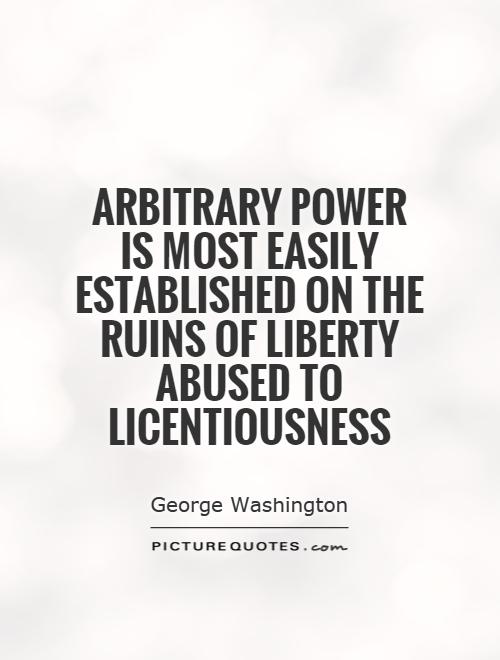
Arbitrary power is most easily established on the ruins of liberty abused to licentiousness
George Washington, the first President of the United States, understood the delicate balance between liberty and authority. He recognized that unchecked freedom could lead to chaos and anarchy, ultimately paving the way for a tyrant to seize power. In his farewell address in 1796, Washington warned against the dangers of abusing liberty to the point of licentiousness, as it could ultimately result in the establishment of arbitrary power.Washington believed that a society that allowed its citizens to act without restraint or regard for the law would ultimately descend into chaos. He understood that liberty was a precious gift that must be protected, but he also recognized that it must be tempered with responsibility and respect for the rule of law. Without these constraints, Washington feared that individuals would abuse their freedom, leading to a breakdown of social order and the rise of a despot.
Washington's own actions as President reflected his commitment to upholding the rule of law and preventing the abuse of liberty. He believed in the importance of a strong central government that could maintain order and protect the rights of its citizens. Throughout his presidency, Washington worked to establish a government that was based on the principles of liberty and justice, while also ensuring that the rule of law was upheld.
Washington's warning about the dangers of licentiousness leading to arbitrary power is as relevant today as it was in his time. In a society where individuals are free to act without restraint, there is always the risk that someone will seek to exploit that freedom for their own gain. Washington understood that the preservation of liberty required a commitment to upholding the rule of law and preventing the abuse of power.

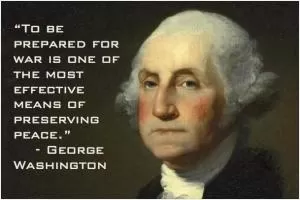

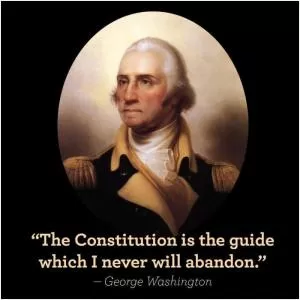
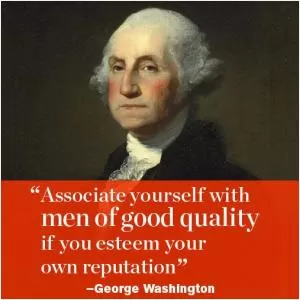
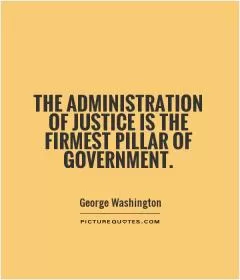

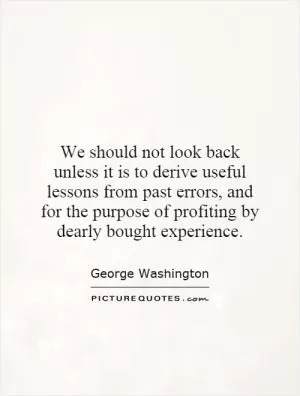




 Friendship Quotes
Friendship Quotes Love Quotes
Love Quotes Life Quotes
Life Quotes Funny Quotes
Funny Quotes Motivational Quotes
Motivational Quotes Inspirational Quotes
Inspirational Quotes